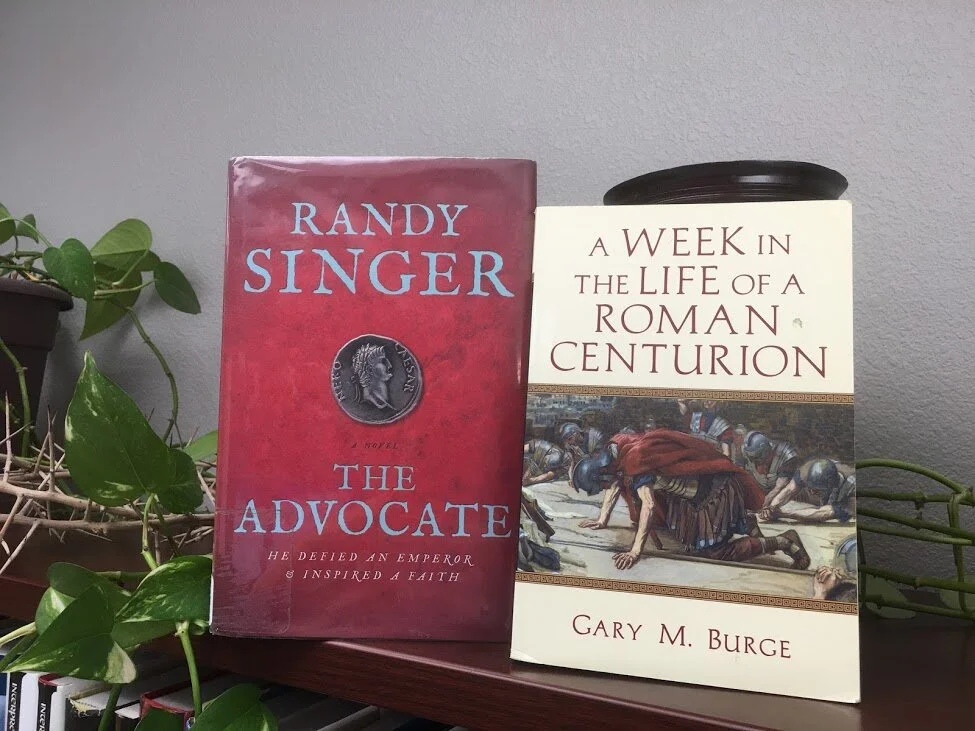How much would you pay to meet your favorite celebrity? $100? $1,000?? $10,000??? The number isn’t insignificant, is it? Listening to the stories and wisdom from those we trust is worth quite a bit, isn’t it?
This year Angel and I worked hard to bring our first co-written book entitled Substitute Identities to publication. Right now it is in the hands of our publisher’s copy editor, and we can’t wait to share it with you. The process of pouring our hearts into this book makes me reflect on just what gifts books are. While we might be willing to pay exorbitant sums to sit at the feet of the world’s best thinkers, it only takes $10-$20 to listen to these spinners of tales. Isn’t that amazing?
So, however many books you read in 2022, maybe you might be blessed to read a few more in 2023, and perhaps some of my favorites might point you to a few gems.
In 2022 so far, I’ve read 110 books and hope to read a handful more before the year closes. I’ve been blessed to read a wide variety of good books this year. I’ll begin with my four favorite books of 2022, followed by the entire list of books I read. I hope you find some gems for you in this.












